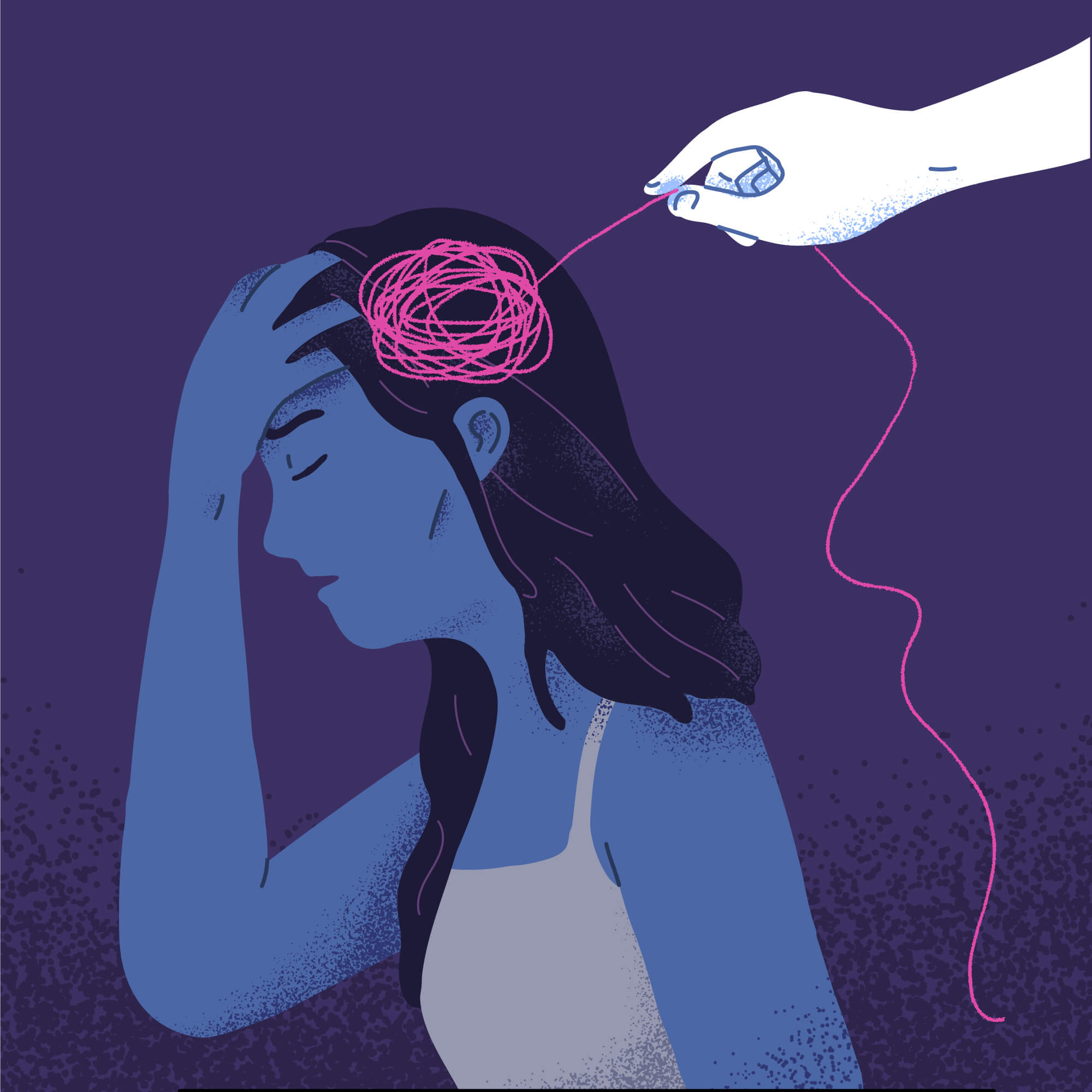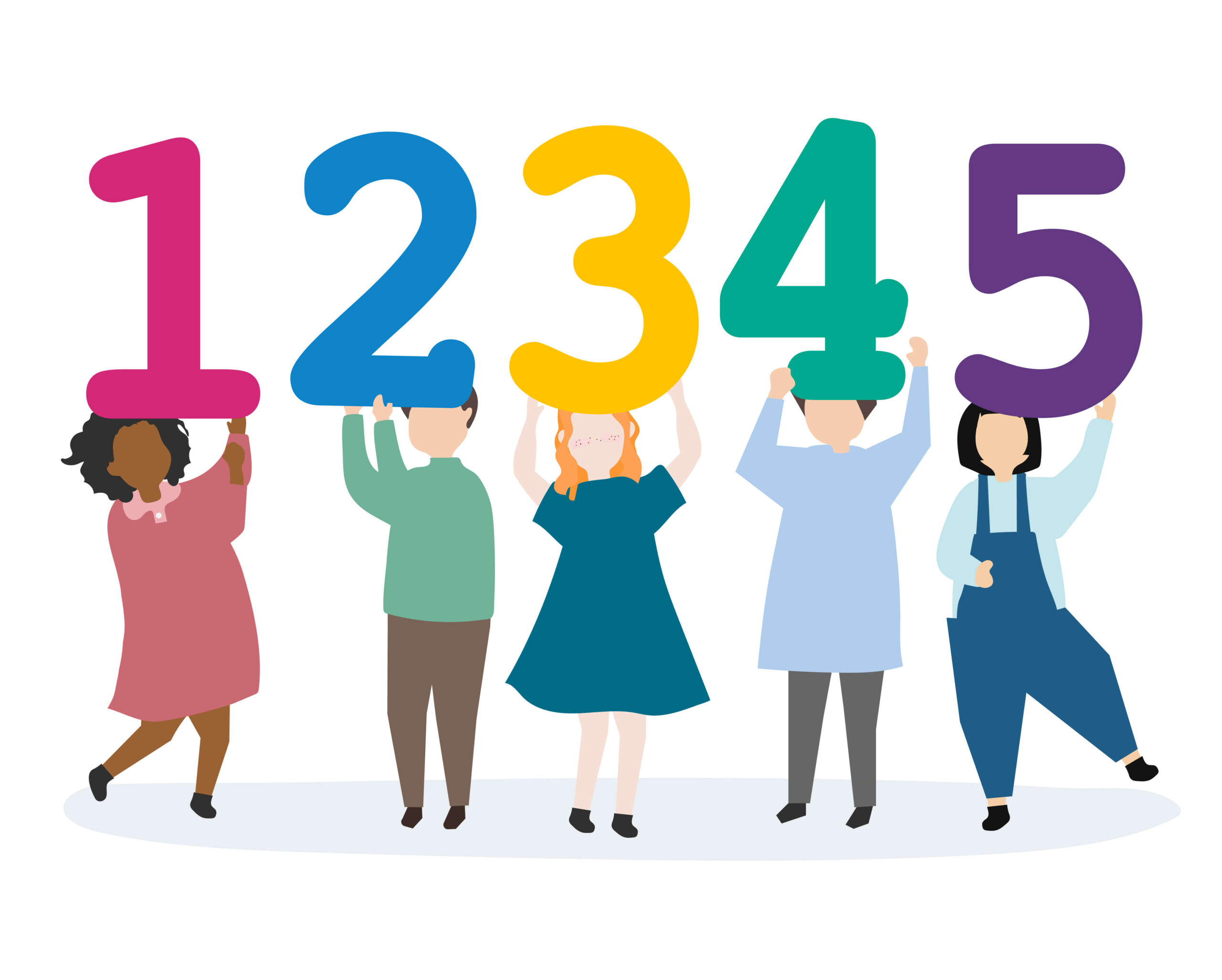How schools ration empathy, support, and dignity—then punish families who exceed their quota
This reflection builds on ideas introduced in Of Sinners and Scapegoats: The Economics of Collective Punishment—an essay that explores how institutions redirect blame onto the most vulnerable in order to preserve their own equilibrium. In a prior piece, I began to trace how public schools redistribute harm across student bodies rather than addressing root causes, punishing some children to make examples of others.
-
Collective punishment: how schools displace guilt, erase harm, and preserve the collective
One of the things that was so traumatising about the collective punishment that was callously perpetrated against my daughter was the light and evasive tone of the principal. She said that the punishment had to be “swift.” I frequently wondered about the choice to psychologically wound disabled children while treating the infliction of that wound […]
Here, I continue that meditation by turning my attention toward a subtler but equally punishing tool: the emotional bookkeeping that determines who deserves care. The goodwill ledger is not officially tracked, but it is widely enforced—and those of us who advocate regularly can feel its margins tightening every time we speak.
The unspoken arithmetic of institutional care
There is no official formula, no written policy, no staff handbook entry that names the threshold explicitly—but it exists, absolutely and unmistakably, within the interpersonal economy of BC’s public schools.
Most families who have spent years advocating know it intimately. It shows up in the subtle shift in tone when a second email is sent. It emerges when a parent follows up on a promised plan, and is met with polite frost instead of open collaboration. It becomes undeniable the moment a child’s needs are met not with urgency, but with commentary about the parent’s behaviour.
This is the goodwill ledger—an invisible bookkeeping system through which schools determine how much empathy a family deserves, how many requests may be tolerated, how much emotion is acceptable before someone becomes too much. It is a scarcity model applied to dignity. And it punishes families, especially disabled families, for being visible, prepared, and persistent.
-
Double the love, double the discrimination
Public education systems punish families of multiples by forcing impossible choices between their children—often withholding support until one child reaches visible crisis, while the other’s suffering is quietly disregarded. The statistical reality schools refuse to prepare for Schools are rarely prepared for what families of multiples often bring to the classroom: These families often arrive […]
The vulnerable classes most affected
In addition to the widely studied and well-documented marginalisation of racialised children, disabled children, and children with trauma histories, there are other vulnerable classes whose experiences remain underacknowledged in public discourse.
Some of the most consistently marginalised families are those whose presence disrupts the tidy arithmetic of institutional accommodation.
- Families of multiples, especially children with overlapping needs, are treated as a single case split in two—as though advocating for both children equally is a form of excess.
- PDA children, who resist coercive demands through nervous system overwhelm rather than calculated defiance, are seen as wilfully oppositional, drawing from a well of patience already deemed thin.
- Gender non-conforming children face suspicion and moral scrutiny, especially when their identities challenge staff comfort or contradict binary policies.
- Neurodivergent parents, especially mothers, are punished for their clarity, intensity, and refusal to mask their distress in the name of diplomacy.
- Gifted asynchronous children—those whose advanced cognitive abilities coexist with executive function, emotional regulation, or sensory challenges—are framed as contradictions to be resolved rather than complex learners to be supported.
- And confident, highly educated women with backgrounds in justice systems—whether social justice, health care, legal, or policy domains—are met with deep resistance when their language or authority threatens to exceed that of institutional staff.
Each of these groups incurs debits against the ledger in distinct but predictable ways.
- Twins double the paperwork, the meetings, the follow-ups—and the system responds by rationing support instead of doubling it.
- PDA children trigger adult power struggles, and their need for autonomy is cast as manipulation.
- Gender variance is read as disruption rather than expression, and children are taught they must behave to be believed.
- Neurodivergent parents, particularly those fluent in policy or direct in tone, are treated as threats rather than collaborators.
- Gifted asynchronous children are penalised for being “too capable to struggle” and “too disorganised to succeed,” leaving them unsupported in both domains.
- And mothers who speak with fluency, confidence, and institutional knowledge are often met with defensiveness, recast as overbearing, aggressive, or manipulative—a direct reflection of how schools police tone and authority when it is exercised by women, especially when they cannot be easily discredited.
These are not isolated instances of misunderstanding. They are systemic forms of discrimination. Each of these groups incurs debits against the ledger in distinct but predictable ways.
-
The high stakes of understanding PDA
Pathological Demand Avoidance (PDA) might sound like just another clinical term, but for many families it represents a daily struggle that is anything but trivial. PDA is a profile on the autism spectrum characterised by an extreme, anxiety-driven avoidance of everyday demands, even those the child wants to comply with drdonnahenderson.com reframingautism.org.au. This isn’t mere stubbornness or “bratty” behaviour – it’s a […]
Two children, one ration
The logic of the ledger is particularly sharp when a family has more than one child with support needs—especially twins, whose parallel timelines disrupt the fiction that each child is an isolated case. For families of multiples, the ledger operates with cruel efficiency: two children are treated as one unit of accommodation. One EA is deemed sufficient. One meeting should cover both. One set of questions is tolerated before professional patience begins to fray.
In these cases, parents are often forced into triage. Support is directed toward the child whose needs are more visibly disruptive, while the sibling who masks—who copes quietly, or fawns, or shuts down—is left without acknowledgement. Even when both children are entitled to support, the system treats the parent’s insistence on equal care as evidence of unreasonable demand. The ledger does not double with need. It caps.
How goodwill is withdrawn
Once the threshold is crossed, the response is swift but euphemised. The parent becomes “challenging.” Their advocacy is framed as “interference.” They are accused of being emotional, inflexible, or aggressive. Meanwhile, access to services begins to recede: meetings are delayed, plans are postponed, communication is filtered through increasingly distant layers of administration.
This reclassification of the parent—from partner to problem—is rarely named directly. Instead, it is communicated through affect, posture, delay. And it sends a clear message: support is conditional. Respect is earned by deference. Gratitude is the currency that keeps the account in good standing. And once the balance tips, even the child’s rights become negotiable.
-
The unseen wounds of advocacy: caregiver burnout, moral injury, and embodied grief
Caregiver burnout in BC schools reflects moral injury and systemic betrayal, as mothers fight exclusion and harm while advocating for disabled children.
The ledger is a disciplinary tool
Families are meant to internalise the accounting. We are taught to measure our tone, our timing, our frequency of contact. We are warned—sometimes subtly, sometimes openly—that raising our voices, asking again, or pushing too hard may result in the opposite of what we seek. The system paints itself as neutral while training us to self-censor. We learn to suppress outrage. We learn to ration our own grief. We learn to show up looking tidy, sounding moderate, staying small.
But some of us cannot—or will not—disguise the cost anymore. Some of us speak plainly. Some of us name what has been done. And when we do, the ledger kicks in. Every prior interaction is reevaluated through the lens of deviance. Every prior grace extended is recalled. The family is now “difficult.” The child is now “complicated.” The school owes us less because we have dared to ask more.
Punishment disguised as policy
This emotional accounting is not a flaw in the system. It is one of its tools. It enables schools to maintain an image of fairness while redistributing harm. It allows staff to claim professionalism while withdrawing care. It ensures that those most in need of support—the persistently harmed, the multiply disabled, the chronically underserved—are the least likely to receive it. And it cloaks this denial in the language of behavioural feedback: if only the parent had asked differently. If only they had come less often. If only they had known their place.
But the children pay the price. Not just the ones who act out, but the ones who vanish inwards. The ones whose needs are never dramatic enough to count as crisis. The ones whose parents were marked as overdrawn before the child ever walked through the door.
Refusing to keep the books
I am no longer interested in maintaining a balance in someone else’s invisible ledger. I do not believe that dignity must be earned. I do not believe that a parent’s emotional fluency is a threat. I believe that the schools who ration care based on affect are the ones in deficit.
We do not owe these institutions our gratitude. We owe our children our full attention—and our refusal to settle for less.
-
Neural evidence exposes the steep cost of sacrificing vulnerable children to punitive myths
Neural evidence from Altered Neural Responses to Punishment Learning in Conduct Disorder offers a precise account of how punitive school discipline collides with the neurodevelopmental profiles of vulnerable children, because the study shows that punishment learning relies on the anterior insula’s capacity to transform discomfort…












